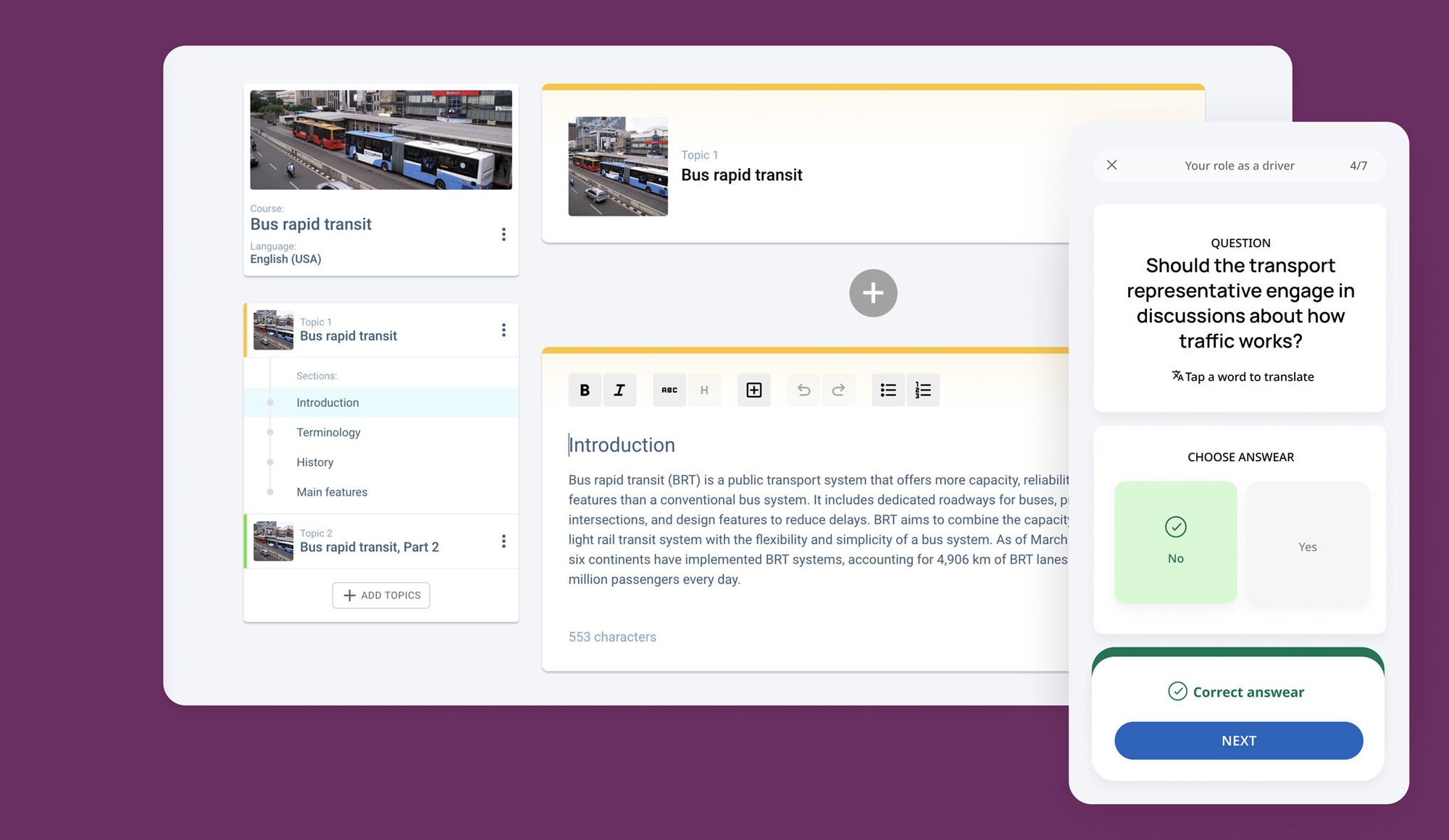FAQs
1. How often should hotel safety training be conducted?
Hotel safety training should be conducted regularly, with mandatory refresher courses scheduled at least once every year. It is also crucial to provide additional training whenever there are updates in safety regulations or significant changes in hotel operations.
2. What should hotel safety training cover?
Hotel safety training should cover various aspects, including:
- Emergency response plans
- Fire safety
- Health and hygiene protocols
- Security measures
- Guest room safety checks
- Hazardous material handling
- Workplace ergonomics
- Crisis communication
- Mental health and stress management
- First aid
- Continuous improvement
3. How can hotels ensure employees retain the knowledge from safety training?
To ensure knowledge retention, hotels can combine training methods, such as practical demonstrations, hands-on exercises, and interactive quizzes. Providing written course materials and resources for reference also helps reinforce the training and allows employees to refresh their knowledge when needed.
This type of training is essential for hotels seeking to prioritise the safety and well-being of their guests and staff. Following these twelve best practices, hotels can create a safety culture, reduce risks, and respond effectively to emergencies. Implementing comprehensive training not only protects lives but also enhances trust, confidence, and overall guest satisfaction. Remember, when it comes to safety, there is no room for compromise.
4. Are there any specific safety training regulations that hotels must adhere to?
Hotels must comply with local, national, and international safety regulations, which may vary depending on the location and size of the hotel. For example, in the United Kingdom, hotels must adhere to the Regulatory Reform (Fire Safety) Order 2005, which outlines the necessary safety measures and training requirements. Hotels must stay updated with the latest regulations and ensure their safety training programs meet legal requirements.
5. How can hotels encourage active participation in safety training?
Hotels can foster active participation in safety training by creating a positive and inclusive learning environment. This can be achieved by involving employees in developing safety protocols, encouraging open communication, and recognising and rewarding employees committed to safety. Additionally, incorporating interactive elements, such as group discussions and role-playing exercises, can make the training sessions more engaging and encourage active participation from employees.







